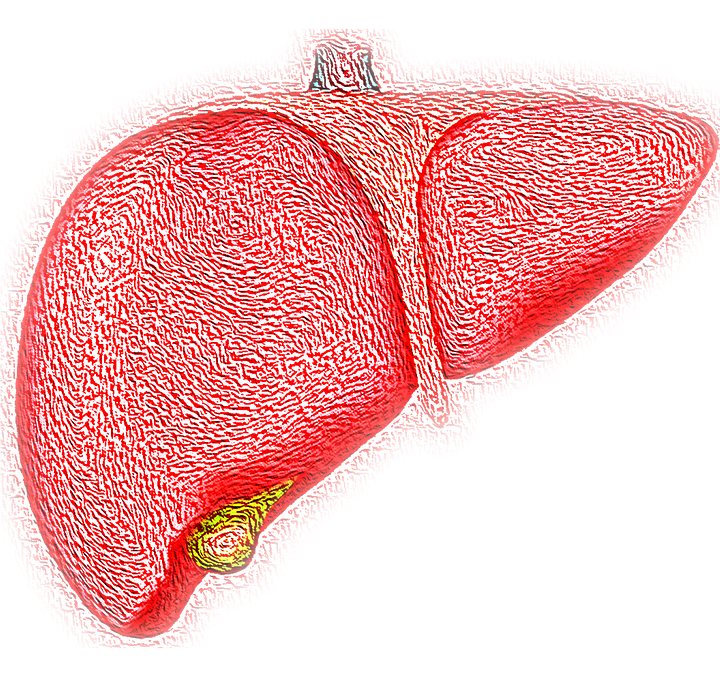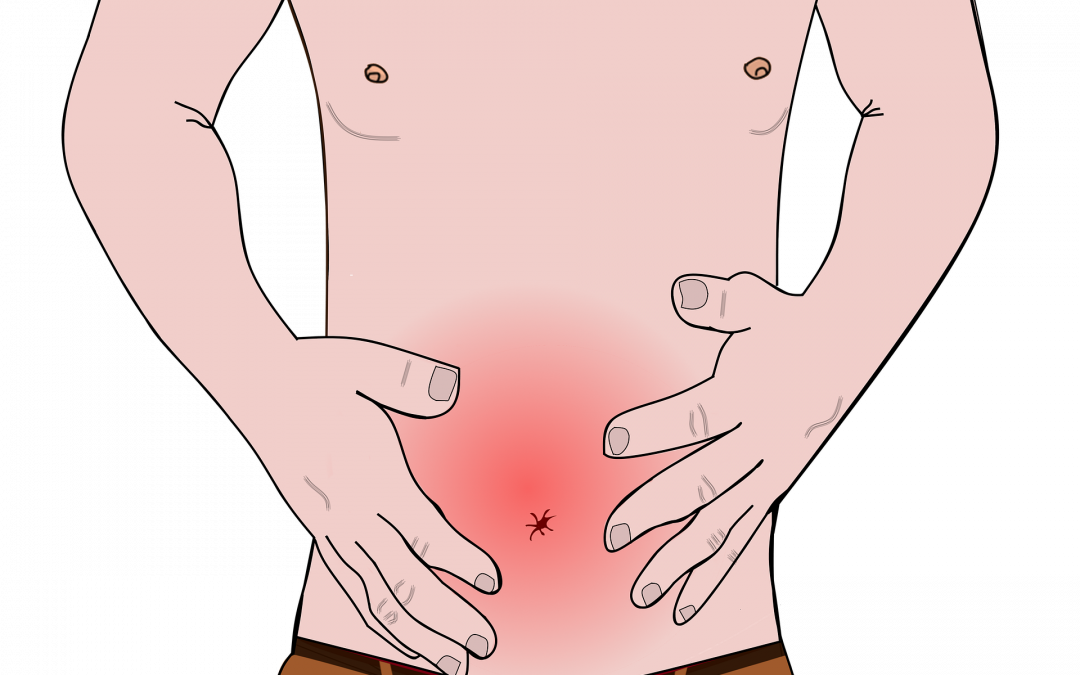
Signs of Fatty Liver Disease and Causes
Liver is the largest, reddish-brown solid human organ and most important part of digestive system, positioned in the upper right abdomen. It filters blood, removes toxins and other injurious substances. Small amount of fat in liver is normal and indicates healthy liver. But this important organ may badly affected if extra amount of fat stored in it and silently develops many diseases. 5-10% fat in liver by its weight grounds liver disorders with or without giving signs of fatty liver disease.
Common Signs of Fatty Liver Disease
Fatty liver is the most commonly reported disease among all liver infections. Most of the time people do not have any sign of fatty liver disease until doctor suggest them for medical tests or it progresses to liver cirrhosis. But in some cases few common signs of fatty liver disease are –
- Feeling abdominal pain or fullness in the upper right abdomen (where liver located).
- Weight loss and very often feeling nausea (but nausea may occur stress, anxiety, infections, motion sickness, and many more reason)
- Jaundice or clearly identified yellowish skin and whites eyes
- Swollen abdomen and legs
- Feeling extreme tiredness and weakness
- Mental confusion is a very common sign of fatty liver disease
- Breast enlargement in men
- Itchy skin and
- Nosebleeds (rare cases)
Different Stages of a Fatty Liver Diseases
Doctors categorized four stages of a fatty liver disease. At primary stage liver cells start to build-up fat and no inflammation or scarring occurs in this stage. Even, most of the case fatty liver does not develop further and never shows any sign of fatty liver disease for this simple fatty liver (primary stage). People can lead healthy life without facing any problem. Study founds approximately 20% of people have simple fatty liver or primary stages of a fatty liver.
In second stage, inflammation occurs in cells. Liver becomes swollen and trying to repair damaged tissues. This stage is called steatohepatitis. End of this stages of a fatty liver scar tissues start to develop which is known as fibrosis.
In third stage, still liver can function quite well. But scar tissues continuing to develop in liver and blood vessels around it. Liver cells are trying to prevent further progression and even from time to time reverse some of the damages.
Over time, when conditions may get worst, called liver cirrhosis and this is fourth stages of a fatty liver. In this stage all scar tissue replaces healthy tissue and slows down regular liver function. Signs of fatty liver disease starts to appear. Even, in this stage liver may stop function entirely and lead to liver failure with cancer.
Causes of Fatty Liver Disease
Sometimes causes of fatty liver disease is remain less clear. But taking excess calories is the main source to build up fat in liver. Actually, when body doesn’t break down and process our fat efficiently, day by day it accumulates fat in liver. Other causes of fatty liver disease are –
- drinking too much alcohol (cause alcoholic fatty liver disease)
- obesity or overweight
- high blood sugar
- insulin resistance or having type 2 diabetes
- high levels of fat, especially triglycerides in blood
- Taking certain prescription medications
- inflammatory bowel disease
- HIV
- hepatitis C (especially genotype 3) and
- alpha 1-antitrypsin deficiency
No one should not ignore any sign of fatty liver disease because it only appears at third and last stages of a fatty liver disease. However, fatty liver can be controlled by doing exercise and making proper food habit from its early stage.












